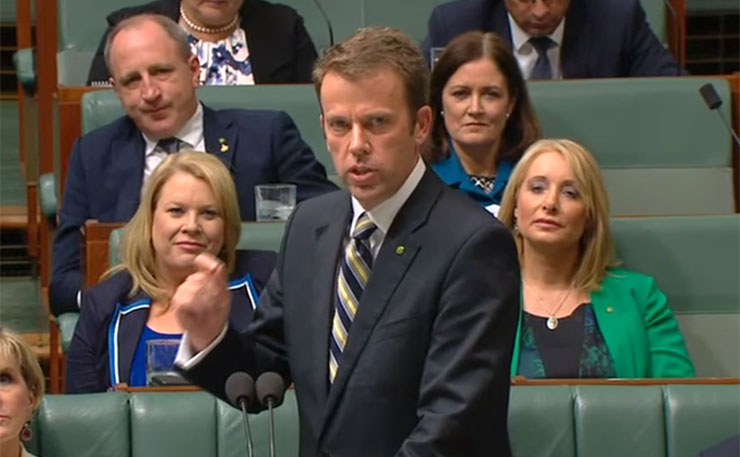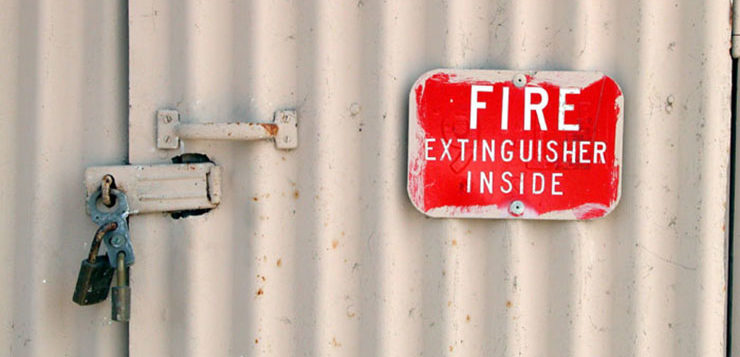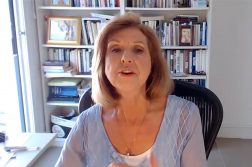Too many young people working out your government is complete shite? Then hike up university fees for courses which teach students to think critically about life, the universe and Australian politicians. Louise Miolin weighs in.
I have just completed an arts degree, and I don’t have an arts-based job lined up. I’m juggling job hunting with work unrelated to my passions or skill set, and am familiar with the stress of navigating a logical career path after a non-vocational degree.
I’m also appalled at the Morrison government’s decision to double humanities course fees in their tertiary education overhaul.
In a media release this morning, Education Minister Dan Tehan said the changes made to tertiary fee structures are to incentivise the study of job-relevant courses.
“To power our post-COVID economic recovery, Australia will need more educators, more health professionals and more engineers, and that is why we are sending a price signal to encourage people to study in areas of expected employment growth,” Mr Tehan said.
However, there is a difference between incentivising STEM and teaching, and disincentivising the arts. In the midst of a pandemic and a global civil rights movement, the ideological underpinnings of drastically increasing humanities fees cannot be ignored, and the government has made little attempt to hide them.
The first year of my cultural studies degree had around six contact hours a week. For the duration of my course, my classes were in the engineering or architecture buildings. We had no common room and were taught by sessional academics with little job security.
The cost of delivery of my degree is incomparable to that of, for example, medicine, which requires many contact hours and expensive equipment. To his credit, there has been no attempt thus far by Mr Tehan— or any other minister — to suggest otherwise.
We can therefore ascertain that doubling the price of humanities courses does not reflect changes in the cost of delivery, but is instead a blatant and unashamed carrot-and-stick method of dragging people out of the arts because they apparently do not service the economy efficiently enough.

This logic is rich from an education minister who studied arts at multiple universities. However, even if we are to accept for a moment that the arts are not economically viable, the suggestion that this makes them unimportant still speaks to a sad shift in the discourse around education.
When I studied abroad in England for a year, I was struck by English society’s value of learning for learning’s sake. Every undergraduate student I met in the UK was entitled to a student loan. This means many of them moved cities to study, immersing themselves in the university environment. Clubs and societies flourished, and the student life was a rich one.
In Australia, my experience was vastly different. Here, my peers who left home to study are either international, or, like myself, moved from the regions to the closest city out of necessity. Almost everyone I knew worked many hours a week, and it was unusual to stick around after class. The learning environment was certainly not as vibrant as it was in the UK nor in the stories of my parents, whose 70s tertiary education was free.
Australian universities no longer exist to cultivate young minds. Rather, they function to pump out graduates to prop up the economy. Undeniably, propping up the economy is important right now — it is understandable to encourage more nurses, doctors, and teachers.
But this overhaul does not merely incentivise essential work: it punishes essential thinking.
Cultural studies was born when Birmingham academics in the 70s decided elite circles of literary criticism were not functioning to their full potential, because they only focussed on ‘high culture’.
My field is, at its roots, a working class movement, seeking to diversify the circles which critique power. Doubling the price of this course feels not only like a slap in the face to the arts, but also like a targeted attempt to quash any kind of thinking that might undermine the elite.
The current Black Lives Matter campaign demonstrates a mobilisation of theories taught in humanities courses. The #MeToo movement championed critical gender theory discussed in university classrooms. This is not to say that academia can take credit for these global movements (it cannot). However, it is undeniable that the ideas underpinning these powerful movements feed into and are fed by the critical humanities.
It is humanities courses which teach young people to understand, analyse, and question the structures that underpin society. What can be said of a government which actively discourages this kind of critical thinking, making it accessible only to the rich and elite?
Increasing fees for humanities keeps the power of critical thinking within the very structures that humanities seek to problematise in the first place.
It is always convenient for those in power to limit access to criticisms of power. You don’t need an arts degree to understand that, but it just might help.
Donate To New Matilda
New Matilda is a small, independent media outlet. We survive through reader contributions, and never losing a lawsuit. If you got something from this article, giving something back helps us to continue speaking truth to power. Every little bit counts.




